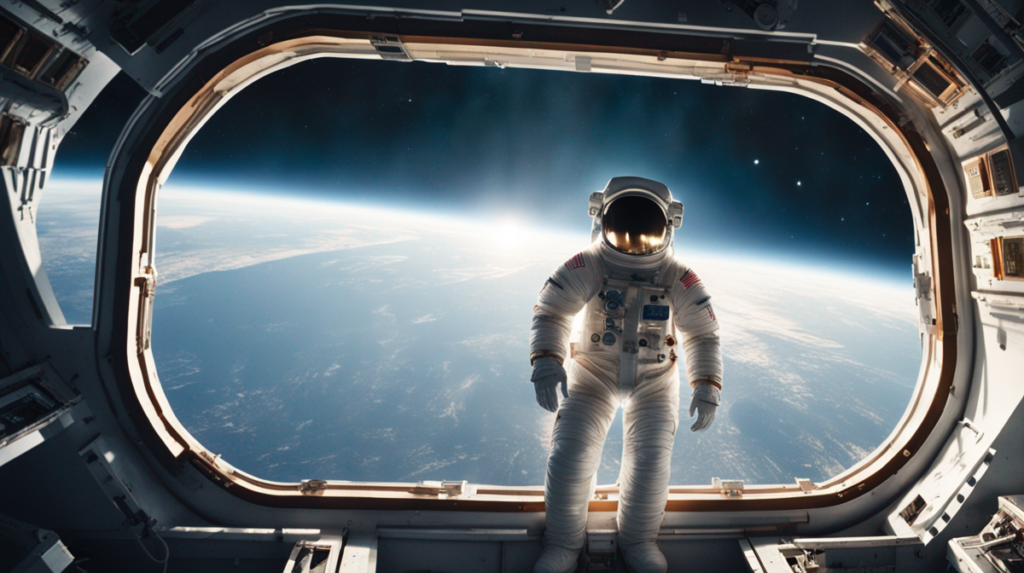
Introduction
The era of space tourism is upon us; the advancement in technology and rising interest in outer space exploration has opened a new frontier in travel – Space Tourism. While the opportunity to gaze at Earth from above might be enthralling, it’s crucial to consider the impact of such travel on the human body. This article provides an in-depth analysis of the health implications associated with space travel, practical advice to prospective space tourists, and insights from recent studies.
The Health Challenges of Space Travel
Space travel puts the human body in a completely unfamiliar environment. Here are some of the health concerns associated with this new frontier in travel:
- Microgravity: Long-term exposure to microgravity in space can result in loss of muscle mass, reduction in bone density, and fluid redistribution in the body. In the worst case scenario, it can lead to space flight osteopenia, akin to osteoporosis on Earth.
- Radiation Exposure: Astronauts are exposed to types of radiation unseen on Earth. This exposure can increase the risk of developing cancer, cause damage to the central nervous system, and generate an acute radiation syndrome.
- Isolation and Confinement: This may lead to issues such as stress, insomnia, and other mental health disorders.
Preparing Your Body for Space Travel
Addressing these health challenges begins with acknowledging the physical and psychological requirements for space travel. Here are some preparatory measures:
- Pre-flight Conditioning: Includes a series of exercises and a strict diet to curb the impact of microgravity on the body stature.
- Radiation Protection: R&D in spacecraft design is focusing on incorporating radiation-protective elements.
- Emotional Support: Astronauts undergo psychological training. A similar approach could be used for tourists to deal with the stress caused by isolation.
Recent Studies and Discoveries
Research is ongoing on several fronts to secure a safer space tourism experience. A prominent study is NASA’s twin study, which investigated the genetic implications of space travel on astronauts. It highlighted genetic changes and mental health challenges, reinforcing the need for preventative health measures.
Conclusion
Indeed, space tourism is a groundbreaking concept, but it presents significant health challenges that need concerted efforts, research, and policies to overcome. As the sector evolves and more people venture into space, health procedures and protocols will need to be as standard as those for terrestrial travel. Ensuring health safety, thus, requires a global effort towards developing safety regulations, adopting preventive healthcare, and engaging in extensive research.
Last modified: 30 November 2023


















